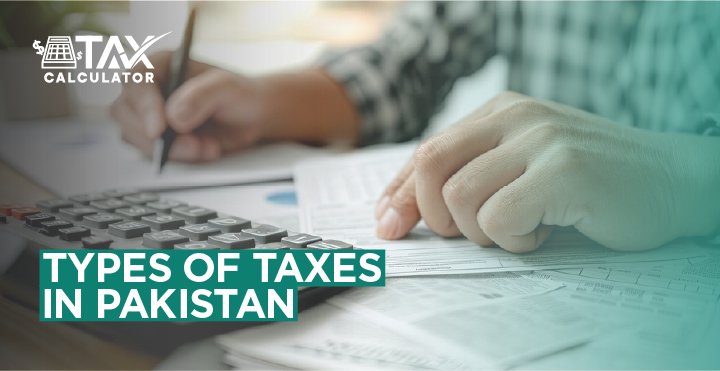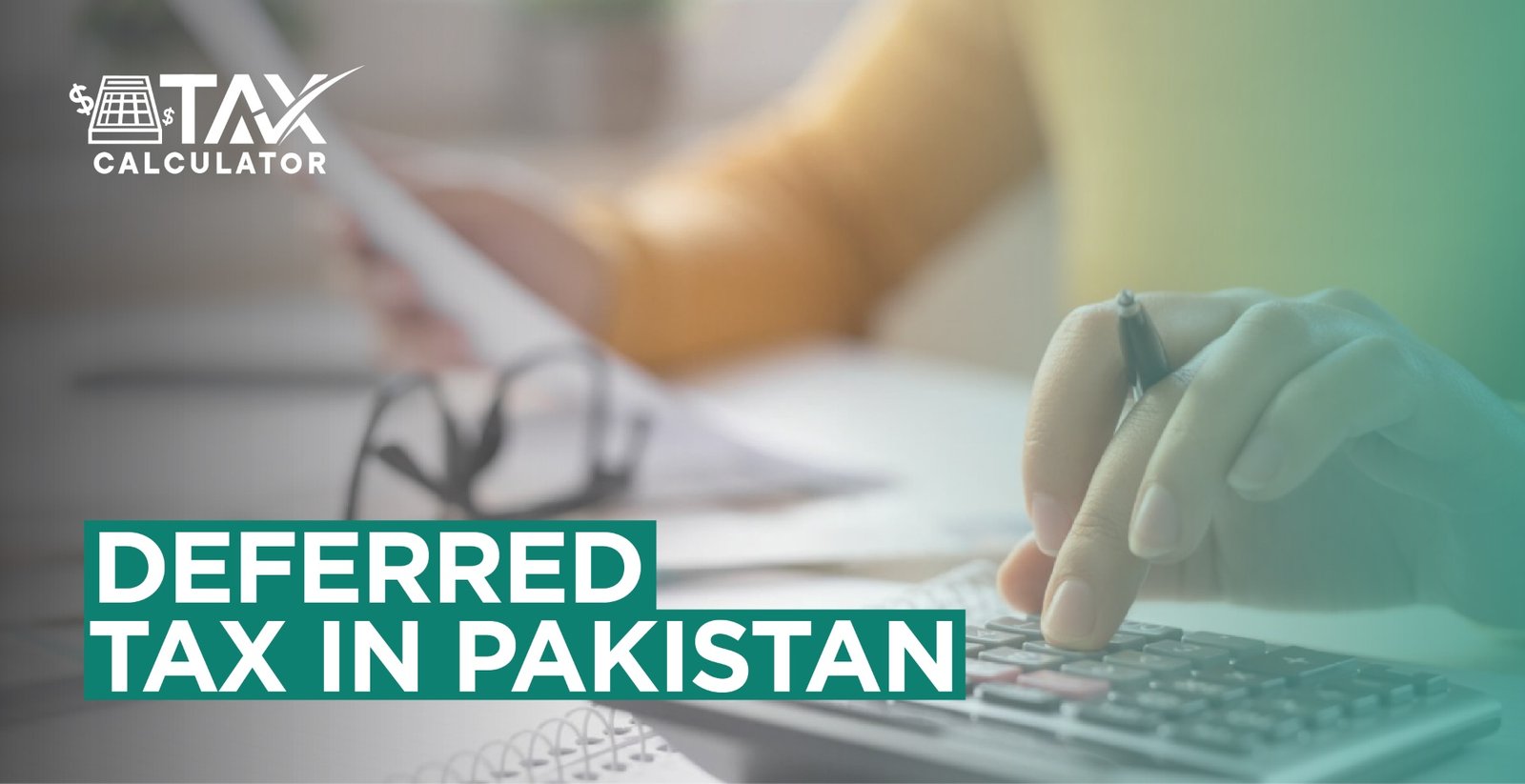In Pakistan, it is no secret that many businesses prefer to run on cash. You might have seen grocery stores refusing to swipe a card, or a local eatery handing over food without any printed bill. These are what we usually call “cash-only businesses.”
But what does that really mean? A cash-only business is one that relies heavily, sometimes entirely, on physical cash transactions. No digital invoices, no banking records, minimal documentation, and often no traceable link to the Federal Board of Revenue (FBR).
These businesses might see cash as convenient, but the bigger reason many stick to this model is tax avoidance. Since transactions leave little or no record, business owners can underreport their earnings, dodge income tax, and skip sales tax obligations.
Now, let’s look at the most common cash-only businesses in Pakistan that are linked to avoiding taxes. While these practices are common, they carry serious risks that often outweigh the short-term gains.
1. Retail Shops & General Stores – Grocery, Clothing, Electronics
Walk into a neighborhood grocery or even a mid-sized electronics store, and chances are you’ll be asked to pay in cash. Why? These businesses thrive on fast daily turnover, and cash provides quick liquidity.
General stores and small retailers often avoid bank transactions to keep things “simple.” They don’t want their daily earnings automatically visible to FBR. It also saves them from the hassle of maintaining proper bookkeeping or paying sales tax.
When transactions aren’t recorded digitally, business owners can underreport their sales. For instance, a shop making PKR 100,000 daily may only declare half of it to avoid income and sales tax.
Many of these shopkeepers never go through the process to register a company formally. Instead, they run on a cash model, keeping operations undocumented.
Risks of Staying Cash-Only
- FBR inspections: retail businesses are increasingly under FBR’s radar.
- No proof of earnings: without proper accounts, expansion into larger outlets or franchises becomes impossible.
- Penalties: once caught, fines can be higher than the saved tax.
Some believe cash is less traceable, but in reality, FBR already uses electricity bills, rent contracts, and lifestyle audits to estimate hidden income. At this stage, many business owners turn to professional tax consultancy services to manage audits and compliance smoothly.
2. Restaurants & Food Vendors – Dhabas, Small Eateries
Whether it’s your favorite roadside chai dhaba or a mid-sized biryani point, food businesses in Pakistan are notorious for staying cash-based.
These places rarely issue invoices, and if they do, it’s handwritten with no official record. Daily sales are tucked away in the owner’s pocket without ever reaching the bank.
The simplest trick is to underreport sales. A restaurant serving 200 customers daily may record only 120. By doing so, they avoid paying GST (General Sales Tax) and income tax.
Risks for Restaurants
- High visibility: unlike small shops, restaurants operate openly and visibly, making them more vulnerable to raids and audits.
- Reputation damage: once a food outlet is caught evading tax, it makes headlines. Customers lose trust.
- Legal action: heavy fines, closure of premises, or blacklisting.
While dhabas may feel “too small to be noticed,” mid-sized eateries are regularly monitored by FBR using online food delivery apps and POS systems.
3. Service Providers – Salons, Mechanics, Plumbers, Electricians
This category is one of the biggest cash-heavy groups in Pakistan. The model is straightforward: you get a haircut, fix a leaking pipe, or repair your bike, and you hand over cash.
These professionals rarely issue receipts, meaning no income record is created.
By not showing their actual service income, they escape income tax liability. Many salons and repair shops earn well above the taxable threshold but continue to operate “informally.”
Risks for Service Providers
- Scaling limits: You can’t turn a small salon into a branded chain without tax compliance.
- FBR penalties: Urban salons and auto shops are especially targeted in major cities.
- Loss of credibility: Businesses that don’t register miss chances to partner with big platforms or suppliers.
Cash feels easy, but long-term, it limits growth opportunities and financial credibility.
4. Freelancers & Informal Workers – Paid in Cash Without Receipts
Pakistan has a booming freelancer community, but many prefer to keep earnings off the radar. Instead of receiving payments through bank accounts or platforms like Payoneer, some freelancers arrange direct cash payments from local clients.
The primary reason is avoiding banking channels that automatically report large deposits to FBR. By staying in cash, freelancers skip declaring professional income.
Risks for Freelancers
- No financial history: Without bank records, they can’t qualify for loans, credit cards, or visas requiring income proof.
- FBR scrutiny: With the rise of digital payments, freelancers are becoming a focus area.
- Missed opportunities: Global companies prefer working with professionals who can invoice properly.
Short-term gain (avoiding tax) often means long-term pain (no credibility or financial standing). Long-term, freelancers who follow the proper process of starting a business in Pakistan, by registering their services and obtaining a tax number, have more credibility and access to international opportunities.
5. Street Vendors & Hawkers – Informal Daily Earners
From fruit carts to mobile hawkers selling clothes, street vendors operate entirely outside the formal system.
Cash is their only currency. They don’t have an NTN (National Tax Number), no bank account linked to their business, and no official records.
For many, it’s less about deliberate avoidance and more about survival. But technically, since they don’t declare earnings, they skip taxes altogether.
Risks for Vendors
- No legal protection: Since they’re unregistered, vendors have no rights if harassed by authorities.
- No access to loans or support: Banks and financial institutions don’t recognize them.
- Easily exploited: Without records, it’s hard to prove earnings or seek compensation if cheated.
While the FBR finds it difficult to track such small operators, the bigger cost is on the vendor, being locked out of financial security and growth opportunities.
6. Rental Income Received in Cash – Landlords Avoiding Reporting
Property rental is a goldmine for cash-only transactions in Pakistan. Many landlords openly ask for rent in cash rather than through bank transfers.
By receiving rent in physical cash, landlords avoid declaring it as income. They skip both withholding tax and property income tax.
Risks for Landlords
- Tenant reporting: Tenants may disclose payments if disputes arise.
- FBR property monitoring: large landlords are tracked through property records.
- Severe penalties: undeclared rental income often leads to heavy fines.
On the surface, it feels like “easy money,” but in reality, it’s a legal risk that can backfire badly.
Why Business Owners Prefer Cash-Only Transactions?
It’s easy to judge cash-only practices, but let’s pause and understand why business owners do this:
- Avoiding sales and income tax: Many believe tax rates are too high or unfairly enforced.
- Keeping income off the record: Hidden cash gives the illusion of higher “take-home profit.”
- Perception of convenience: Many Pakistanis still see cash as faster, safer, and free of bank fees.
- Lack of trust in digital systems: Fear of being monitored or hacked makes some people avoid banking channels.
But what seems like convenience today often leads to regret tomorrow. With tools like the business tax calculator, owners can clearly see what they owe and avoid risky shortcuts.
Risks of Running Cash-Only Businesses to Avoid Taxes
Here’s the truth: the risks heavily outweigh the short-term benefits.
- FBR Audits & Penalties: Sooner or later, underreporting catches up. FBR has access to NADRA, banks, and property registries. Any mismatch triggers red flags. So, one of the best ways to avoid penalties is to stay compliant with timely income tax filing in Pakistan.
- Legal Charges for Tax Evasion: Evading tax is a criminal offense. Many business owners have faced fines, asset freezes, or even jail terms.
- Difficulty Expanding: Without proper financial records, banks won’t grant loans. Potential investors also avoid undocumented businesses.
- Loss of Credibility: Customers increasingly trust businesses with receipts, digital payments, and transparency. Cash-only sends the opposite message.
FAQs
Is it illegal to run a cash-only business in Pakistan?
No, running a cash-only business is not illegal, but hiding income to avoid taxes is against FBR laws.
How can I stay compliant with FBR if my business is cash-based?
Keep proper records, declare all income, and file returns regularly to stay compliant with FBR.
Conclusion
Cash-only businesses might look like an easy escape from taxes, but in Pakistan’s current climate, the risks are too high. Yes, it saves some money in the short run, but it blocks long-term growth, damages credibility, and leaves owners vulnerable to penalties.
For sustainable success, compliance is not just a legal responsibility; it’s a smart business move. Paying taxes builds credibility, opens doors for loans and expansion, and gives peace of mind.
For guidance on tax compliance and transparent filing, call +92 321 6306286 for quick assistance.



